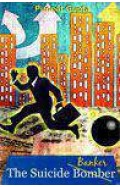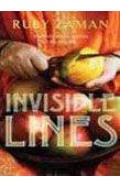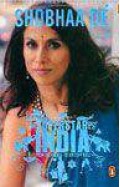The State of Islam
By: Saadia Toor
-
Rs 760.75
- Rs 895.00
- 15%
You save Rs 134.25.
Due to constant currency fluctuation, prices are subject to change with or without notice.
The State of Islam tells the story of Pakistan through the lens of the Cold War and, more recently, the War on Terror. It, inter Alia, sheds light on the domestic and international processes behind the rise of militant Islam. Unlike existing scholarship on nationalism, Islam and the state in Pakistan, which tends to privilege events in a narrowly defined 'political' realm, Saadia Toor highlights the significance of cultural politics in Pakistan from its origins to the contemporary period. The book analyzes key moments in the history of Pakistan through the cultural politics that defined them, the intention being to show the intimate connection between matters cultural and matters political, and specifically to point out how they have both been inflected by the Cold War and its aftermath. The incorporation of the cultural dimension improves understanding of the values and thought processes of the people themselves. Timely and unique, this book is a must for anyone who wants to understand the roots of modern Pakistan and the likely outcome of current power struggles in the country.
| Book | |
| What's in the Box? | 1 x The State of Islam |
The State of Islam tells the story of Pakistan through the lens of the Cold War and, more recently, the War on Terror. It, inter Alia, sheds light on the domestic and international processes behind the rise of militant Islam. Unlike existing scholarship on nationalism, Islam and the state in Pakistan, which tends to privilege events in a narrowly defined 'political' realm, Saadia Toor highlights the significance of cultural politics in Pakistan from its origins to the contemporary period. The book analyzes key moments in the history of Pakistan through the cultural politics that defined them, the intention being to show the intimate connection between matters cultural and matters political, and specifically to point out how they have both been inflected by the Cold War and its aftermath. The incorporation of the cultural dimension improves understanding of the values and thought processes of the people themselves. Timely and unique, this book is a must for anyone who wants to understand the roots of modern Pakistan and the likely outcome of current power struggles in the country.
Zubin Mehta: A Musical Journey (An Authorized Biography)
By: VOID - Bakhtiar K. Dadabhoy
Rs 892.50 Rs 1,050.00 Ex Tax :Rs 892.50
Manning Up: How the Rise of Women Has Turned Men into Boys
By: Kay Hymowitz
Rs 845.75 Rs 995.00 Ex Tax :Rs 845.75
Zubin Mehta: A Musical Journey (An Authorized Biography)
By: VOID - Bakhtiar K. Dadabhoy
Rs 892.50 Rs 1,050.00 Ex Tax :Rs 892.50












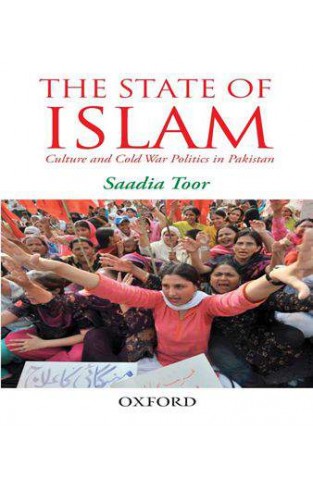
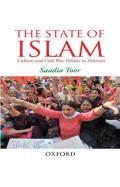
-120x187.jpg?q6)





-120x187.jpg?q6)



-120x187.jpg?q6)

